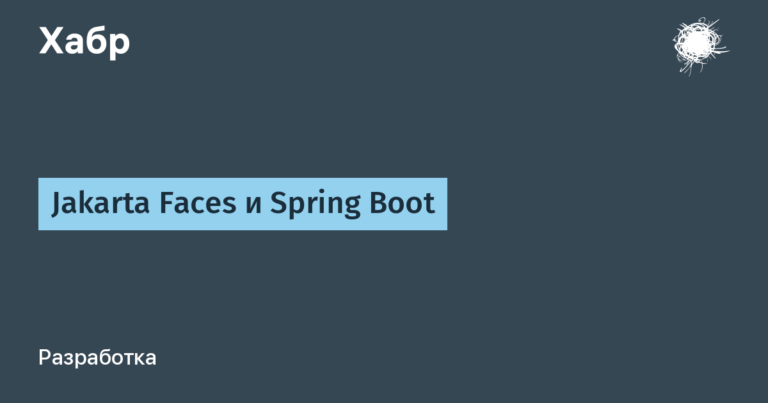reality or fiction?
I would like to move away from the classics, but…
In times of crisis, the class struggle, as in any social system, becomes especially relevant. It manifested itself acutely in the corporate environment. When there is a need to tighten the screws, improve productivity or accountability, and when the middle manager's position itself may be called into question, managers tend to resort to manipulation and destructive forms of power. In times like these, “valuable” employees are sent into “meat assaults” of corporate warfare.
Managers, in an effort to maintain their positions, often cloak their rhetoric in forms of corporate responsibility and the “common good.” Typical forms of abuse by middle management include:
Micromanagement — control over every step of the employee, which suppresses initiative and causes a feeling of helplessness.
How to fight: “I understand that you are worried about the outcome, but I have experience in solving this problem. Can I demonstrate my approach to work, and then you can evaluate its effectiveness?Gaslighting – manipulation of information that causes employees to doubt their skills and intelligence. For example, when a manager claims that he made a mistake, although there was none.
How to fight: “I understand that you think that I made this mistake, but I have documentary evidence that can refute this. Can we discuss this together?”Public humiliation – fellow critics in order to strengthen control and create an atmosphere of fear.
How to deal with this: “I was surprised by your comments at the meetings. If you have constructive criticism, I would appreciate it if you would discuss it with me privately so we can find a solution together.”Ignoring boundaries of personal time – constant calls and letters outside of working hours, ignoring vacations.
How to deal with this: “I am ready to resolve issues during working hours, but to maintain balance I need time to rest. Let's set a time frame for discussing work issues.”Isolation and imprisonment — restricting employee access to important information and resources, which creates pressure and ensures control by management.
How to deal with this: “I noticed that you are presenting some information that could directly affect my project. Is it possible to ask you for periodic meetings so that I can keep abreast of all developments?”
Conclusion
Abuse in a corporate environment becomes especially visible in moments of crisis. To withstand this, it is important not only to be aware of the problems, but also to be able to find adequate responses to actions.
By respecting boundaries, clearing your communication, and providing support to your colleagues, you can protect your rights and maintain your mental health. And even when you go on meat storms, remember that you are welcome in the family and this is the best long-term benefit.





